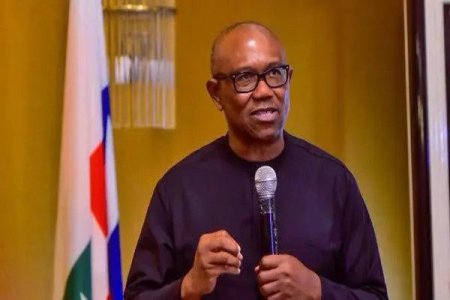
Senate President Godswill Akpabio has announced that the newly approved minimum wage of N70,000 now applies universally to both public and private sector workers, including drivers, housemaids, and domestic staff. The legislation, which reduces wage review negotiations from five to three years, follows swift approval by the National Assembly and is seen as a key measure to address rising living costs.
In a landmark decision, the Nigerian Senate has passed a bill setting a new universal minimum wage of N70,000 for all workers in both public and private sectors. Senate President Godswill Akpabio announced during a plenary session, emphasizing that the law applies to all employees, including domestic staff such as maids and drivers.
The bill, which was swiftly approved by both chambers of the National Assembly after being transmitted by President Bola Tinubu, marks a significant increase from the previous N30,000 minimum wage. It also reduces the wage review period from five to three years, acknowledging the rapid changes in living costs.
Akpabio stressed the universal application of the new wage, stating that even small business owners and individuals hiring domestic help must adhere to this standard. He expressed delight at the passage of the bill, congratulating the Nigeria Labour Congress and all Nigerians on this achievement.
The legislation is seen as a response to the increasing cost of living in Nigeria and aims to improve the standard of living for workers across all sectors. Senate Majority Leader Opeyemi Bamidele described it as part of the government's short-term measures to address economic challenges in the country.
This development has sparked discussions about its potential impact on employment rates, small businesses, and the overall economy. While labor unions have welcomed the move, some economists express concerns about potential job losses and inflation.
The implementation of this new minimum wage law will likely face challenges, particularly in the informal sector and among small employers. However, proponents argue that it's a necessary step towards ensuring a living wage for all Nigerian workers.
As the country awaits the full implementation of this new law, its effects on Nigeria's labor market and economy will be closely watched by policymakers, businesses, and workers alike.





